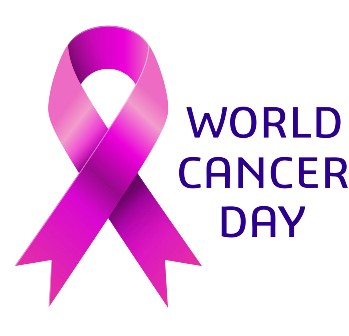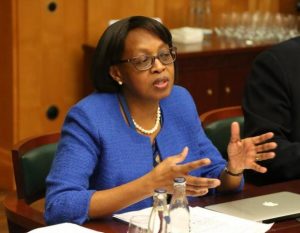The World Health Organization (WHO) said Africa records about 1.1 million new cases of cancer every year resulting in 700,000 deaths.
This was disclosed in a message to commemorate this year’s World Cancer Day, the world body said more than 400,000 children were diagnosed annually with cancer around the world, with about 90 percent living in low- and middle-income countries.
In a statement issued by the WHO Regional Director for Africa, Dr. Matshidiso Moeti, it urged member states in the continent to make the necessary investment required to ensure that all our citizens, no matter their incomes or geographic location, have access to quality cancer care.
“Every year, Africa records around 1.1 million new cases of cancer, resulting in up to 700 000 deaths. Breast cancer, along with cervical, prostate, liver, and colorectal cancers, accounts for almost half the new cases on the continent annually.
“Children are also inequitably impacted. Of the more than 400, 000 children diagnosed annually with cancer around the world, about 90 percent live in low- and middle-income countries. “Survival rates are at a very low 20 percent or less in African countries, compared to more than 80 percent in developed countries,” it said.
According to Moeti, this year’s theme, “Close the care gap,” marked the start of a three-year campaign to raise global awareness around cancer and its impacts, especially among the most vulnerable citizens.
Moeti said renewed efforts to curb new cancer cases were urgent, adding that there are alarming projections that cancer death rates in Africa would rise exponentially over the next 20 years, outstripping the global average by 30 percent.
He also said that common challenges across the African region included lack of awareness and education, limited access to primary prevention and early detection services, coupled with delays in diagnosis and treatment.
“There is also limited access to palliative care and pain relief.
Shortages of specialists in medical and radiation oncology, pathology, medical physics, and other essential areas compound the gaps.
“Africa has only three percent of the world’s cancer treatment facilities, with radiotherapy available in just 22 countries in sub-Saharan Africa, which contributes to poor survival rates,” he added.
To “close the care gap,” WHO Africa is driving a number of key initiatives. These have seen 45 percent of our countries introduce national HPV vaccination programs to address the cervical cancer threat. National screening programs are now operational in 72 percent countries, 11 of which offer high-performance screening.),” he said.
Moeti further said that through the Global Initiative for Childhood Cancer (GICC), Zambia, Senegal, and Ghana have developed country-specific treatment guidelines, established pediatric hospital-based registries, and improved access to chemotherapy.


